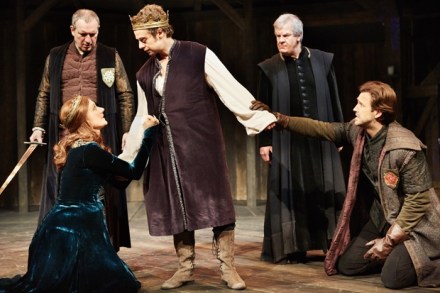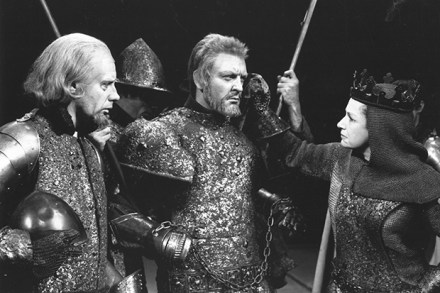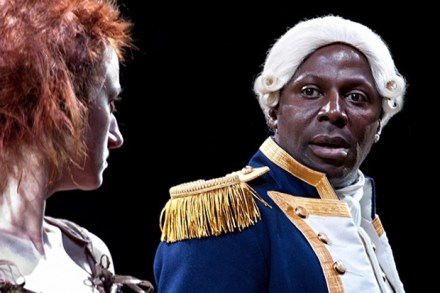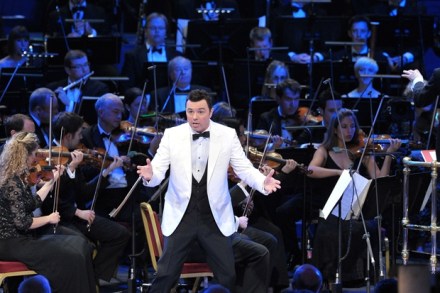PMQs sketch: A wet performance from Jeremy Corbyn
Corybn gave his wettest ever performance at PMQs. The party leaders had different theories about the authorship of the floods. Corbyn blamed Cameron. Cameron blamed the weather. Rainfall, he explained, had wept from the heavens in such unheralded quantities that a record-breaking dip-stick had to be lowered into the bucket to assess its full volume. Corbyn wouldn’t have this. He said government scrimping was at fault. He personified the issue with his usual set of hand-picked hankie-drenchers. He’d met a nice pair from Leeds, he said, called Chris and Victoria, whose holiday had been ruined by tides of sewage inundating their pressies. This prompted mystifying giggles from Tory backbenchers. Geography



















